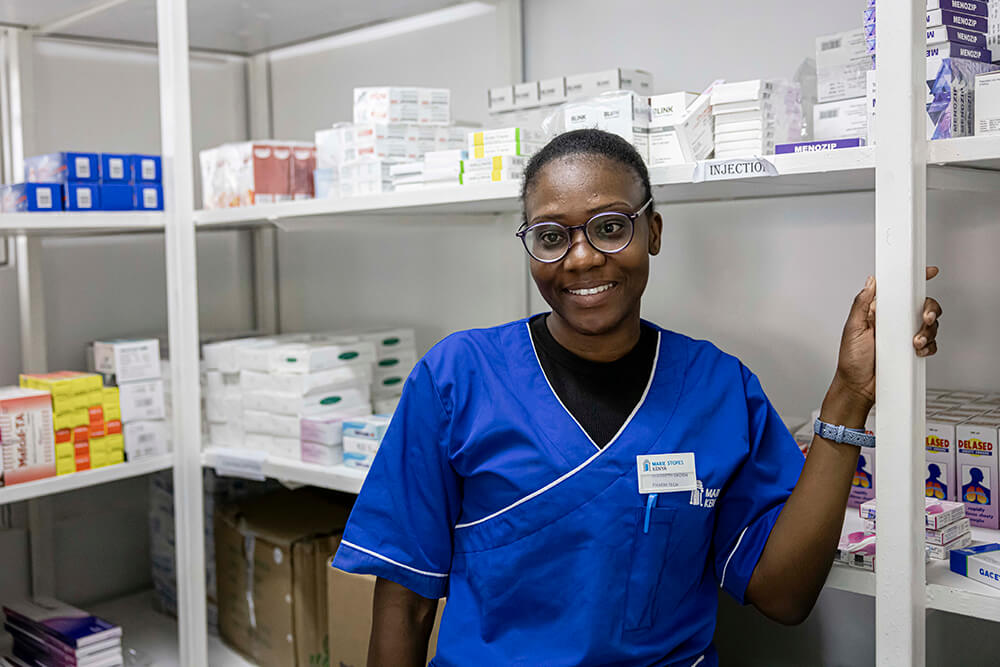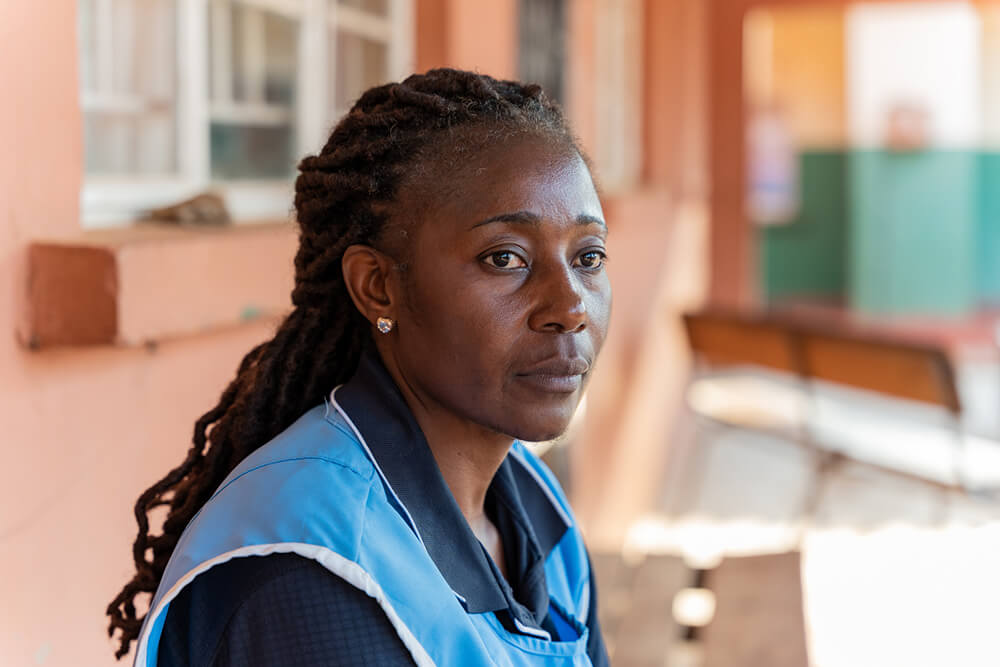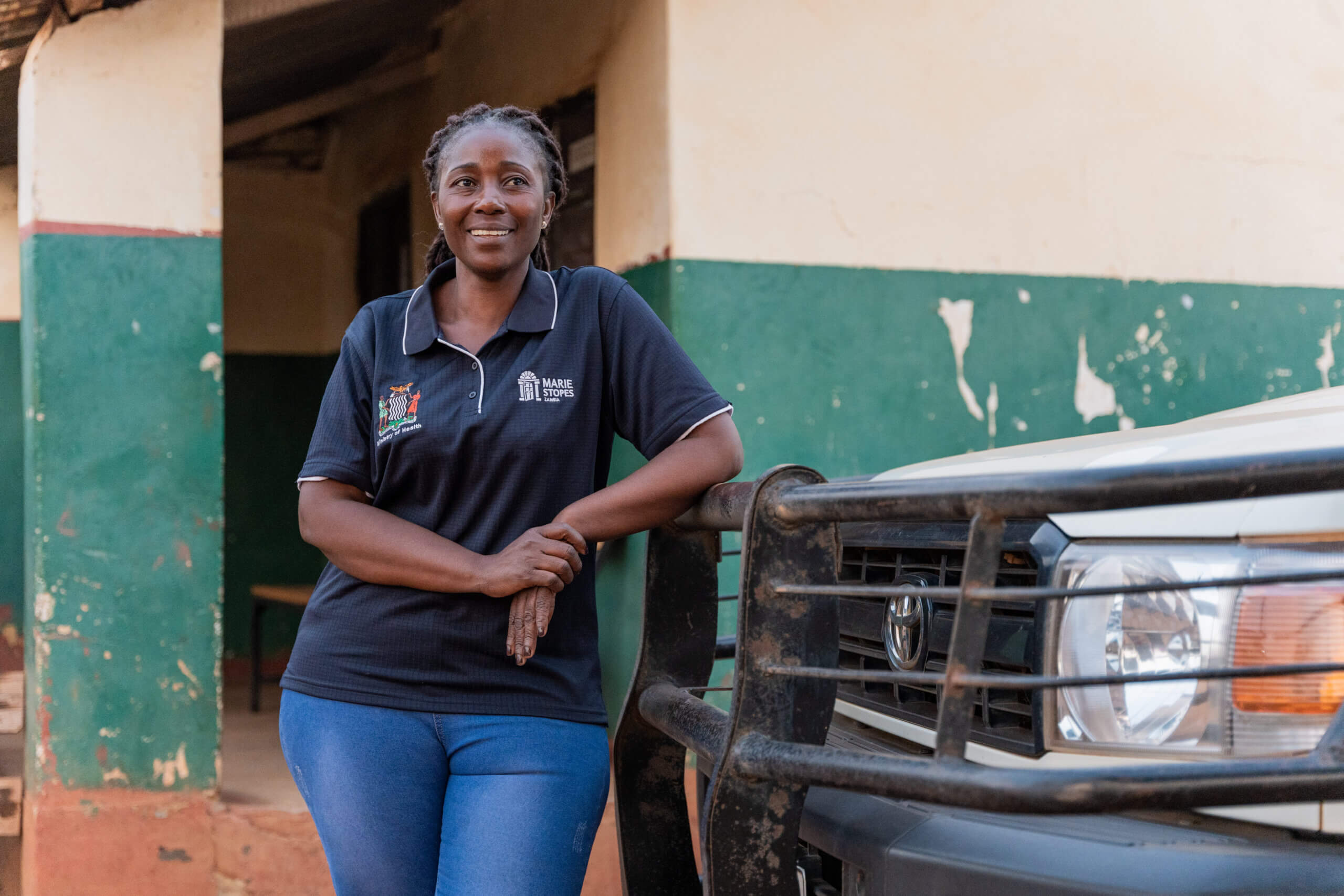Improving healthcare with solar panels
In much of Africa, power outages are common. The continent depends on hydroelectric power—and when drought strikes, electricity can be hard to come by. In Sierra Leone, the problem is particularly serious, with only about one in ten Sierra Leoneans reporting reliable electrical service through the national grid.
For MSI’s team in Sierra Leone, running generators when the power failed was increasing costs and disrupting client care. But with new solar panels, they’re improving the quality of healthcare, reaching more women, and reducing their emissions.
How power outages disrupted healthcare
When the national grid lost power in Sierra Leone, the sound of generators echoed through MSI’s clinics. But even with fossil fuel-powered generators keeping the lights on as much as possible, frequent power outages were an increasing problem throughout 2021 and 2022
In 2022, almost the entire country’s population lacked access to reliable electricity, because of the dependence on hydroelectric power. In rural areas, only one in 100 residents reported reliable power.
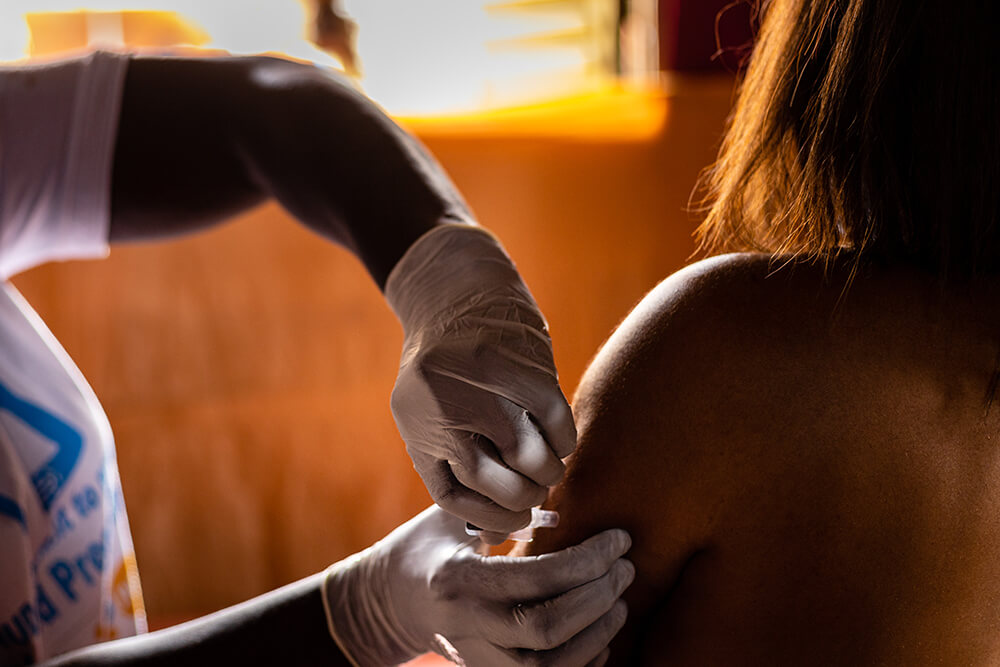
As inflation drove up the cost of fuel, the price of running the generators rose. And even brief power outages could be profoundly disruptive.
Women in the middle of a procedure like having an IUD inserted might suddenly find themselves in the dark. Supplies were lost when refrigerators keeping medications cool stopped running. And, during a transition from paper to electronic medical records, client data was put at risk when internet access cut out. “There were disruptions in medical services,” Mustapha Jambai Massaquoi, Center Channel Lead, explained. “We knew we’d have to change our approach.”
Improving client experience with solar power
To minimize reliance on the national grid, support the use of electronic medical records, and reduce emissions, the Sierra Leone team invested in solar. In summer of 2022, they installed solar panels at 8 MSI centers—and the results were immediate.


The solar panels freed up money the Sierra Leone team previously spent on generator fuel and maintenance, so that those funds could be used for other supplies and service provision. It also improved client care in other ways. For one thing, women knew that they could count on MSI clinics to have power. The MSI team was able to extend its working hours and serve more clients.
The benefits went beyond women’s experiences in the procedure room, however. With more consistent power, clinics faced fewer supply chain issues for medications that had to be kept cool, saving money and ensuring that the supplies women needed would remain in stock. They were also able to more reliably use electronic health records, so that women’s information could be safely stored and transmitted between facilities when the MSI team made a referral to a different provider.
Investing in women’s health long-term
MSI Sierra Leone’s experience shows that renewable energy does more than keep the lights on. The solar panels have reduced the clinics’ operating expenses by freeing them from buying expensive generator fuel. That’s funding they can invest in improving women’s care and reaching even more communities. And because the quality of care has improved, members of the community trust MSI Sierra Leone—and they’re more likely to recommend it when they know someone who needs reproductive healthcare.
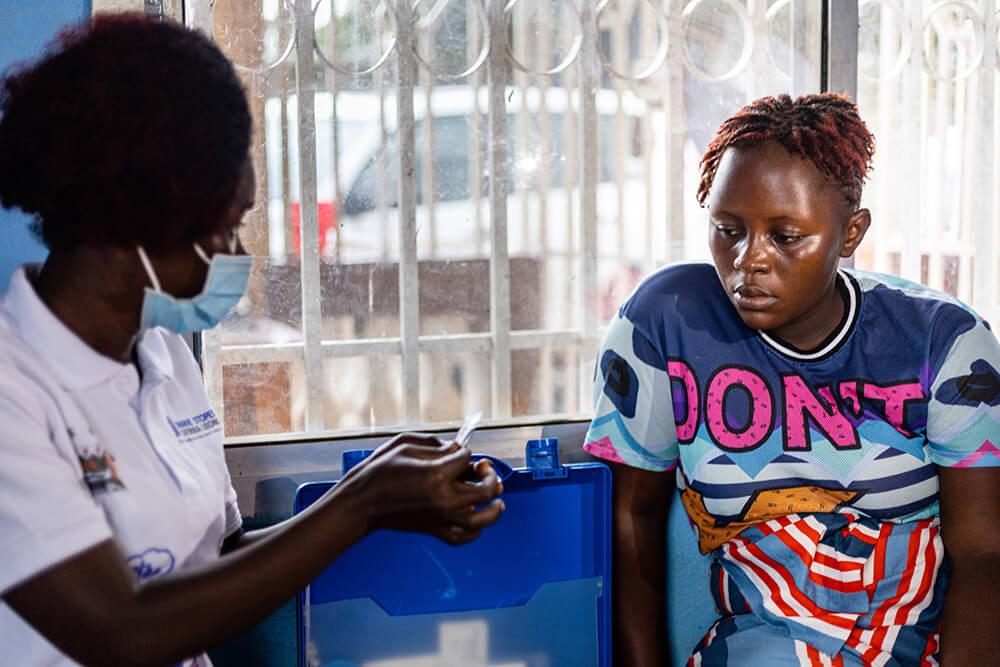
In countries like Sierra Leone where power outages are a persistent problem, we can take steps to reduce emissions, address climate change, and reach women with the care they need. Installing solar panels is an easy win for women and the environment.



